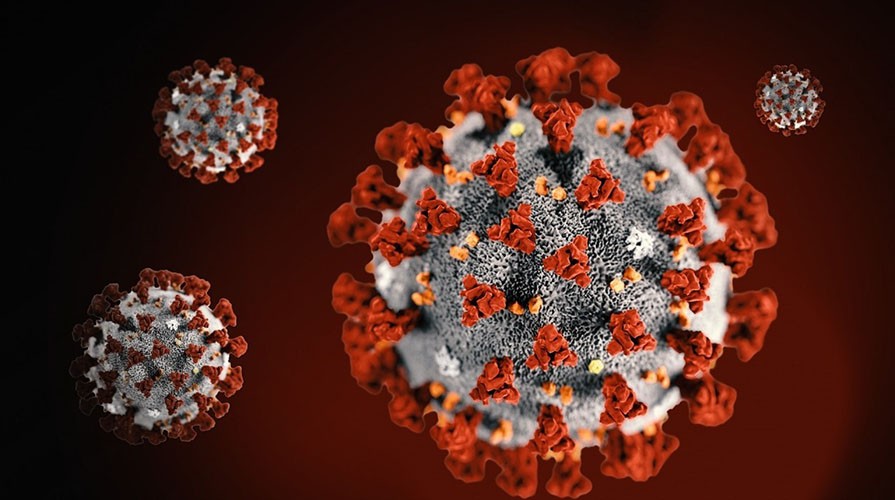Since the start of the Coronavirus pandemic, under a protocol established by the Office of the Medical Director, MedStar personnel have been using on-scene procedures designed to not transport patients to an Emergency Department (ED) who are assessed with low-acuity medical complaints identified as potentially COVID-19 related.
Click here to view the protocol.
Patients receive a full assessment by on scene by EMS personnel. If the patient has signs and symptoms that are consistent with COVID-19, but do not have any priority conditions or significant risk factors, the patient are informed that they do not require ambulance transportation to an ED.
Patient are instructed to contact their primary care provider for follow-up care, and provided with instructions about home care and self-monitoring. Patient are also given information on how to undergo further evaluation and testing, as indicated, for COVID-19 through the community health system processes available.
Between March 25th and July 21st, 461 patients were treated on scene and referred to alternate care settings vs. being transported to local EDs using this protocol.
MedStar has completed telephone follow-up calls on 93 patients who were NOT transported to an ED under this protocol.
Here is a summary of the patient interview findings:
- 100% of the patients said they were feeling better
- 98.9% said they followed the MedStar crew’s instructions
- 10.7% said they sought follow-up care:
- 4.8% sought treatment in an ER, and 6.0% with a primary care physician or urgent care center
- None of the patients who went to the ED were admitted to the hospital
- 4.8% sought treatment in an ER, and 6.0% with a primary care physician or urgent care center
- 48.9% of the patients got tested for COVID-19, of these:
- 46.7% said they tested positive
- 53.3% said they tested negative
- 92 of the 93 patients interviewed rated MedStar at 5 out of 5, with 5 being most satisfied with the MedStar experience
- 1 of the 93 rated the experience a 4 out of 5
- 99.8% satisfaction rating
- 1 of the 93 rated the experience a 4 out of 5
Documented patient comments:
- “MedStar Is Fort Worth’s Angels.”
- “I Love you guys. Thank you.”
- “Praying For MedStar”
- ‘Thank you for checking on me’
- “Sober now…MedStar saved my life”
- “Overall very good”
- “Thank God For MedStar!”
- “Thank you so much for calling and checking on me.”
This is an excellent example of the value innovative clinical and operational leaders in transformational EMS agencies can bring in helping local healthcare systems improve patient care, enhance patient experience, and make the healthcare system more economically efficient.






